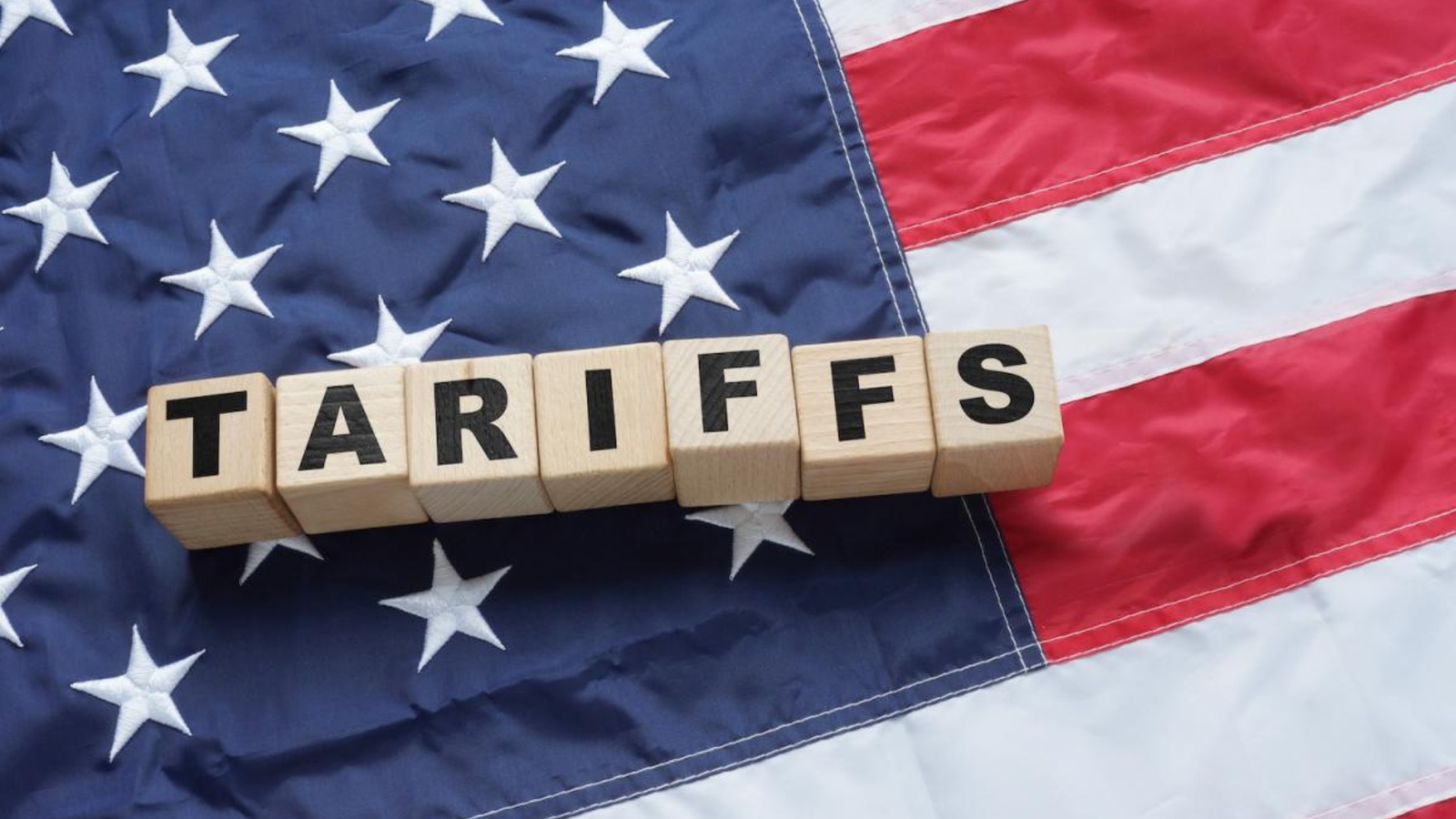
The global economy is feeling the ripple effects of escalating trade tensions—and Canada is caught in the crosshairs. With new tariffs being introduced (and paused) by the U.S., and looming threats on essential goods like lumber and steel, many Canadians are asking: How will this impact our housing market?
Tariffs & Construction Costs: What’s the Link?
To put it simply: tariffs = higher costs.Canada relies heavily on building materials like steel, aluminum, and lumber—much of which comes from or is priced in relation to the U.S. With new tariffs being floated or imposed, we’re already seeing price hikes on essentials like appliances, HVAC systems, and even drywall.For new construction homes, that can mean an average price increase of up to $9,000 per unit, according to the National Association of Home Builders. In a market where affordability is already a challenge, these added costs put extra pressure on both builders and buyers.A Slower Pace of Homebuilding
Builders may be less eager to break ground on new projects.According to the Canada Mortgage and Housing Corporation (CMHC), we need to build 5.8 million new homes by 2030 to restore affordability. But higher costs—and uncertainty about where prices and interest rates are headed—could cause developers to hit pause. And that’s not great news for anyone waiting for more inventory to hit the market.What Buyers Need to Know
If you’re thinking about buying in the next few months, here are a few things to keep in mind:- Mortgage rates may remain unpredictable. Inflationary pressures caused by tariffs could lead to higher borrowing costs, or in some cases, rate cuts as a countermeasure. Either way, keep an eye on your rate lock window.
- Fewer homes could mean more competition. If builders slow down and sellers stay put, we may continue to see low inventory—which keeps demand (and prices) higher.
- Don’t wait for the “perfect” time. As mortgage expert Clay Jarvis put it, “people can only take so much noise before they block it out and get on with their lives.” If the home fits your needs and budget, it might be time to make your move.
What Sellers Should Watch For
If you’re selling your home, the current uncertainty can be a double-edged sword.- Lower inventory might work in your favour—fewer listings can mean more buyer interest.
- But economic jitters and affordability concerns could affect how quickly your home sells or how much buyers are willing to offer.
- And if you’re planning to buy and sell at the same time, those increased costs could hit you on the purchase side.
The Tariff Ripple Effect
At the heart of it all, tariffs and trade tensions have a way of triggering broader economic shifts.They can:- Increase the cost of goods (from nails to refrigerators)
- Impact job markets, creating income uncertainty
- Influence inflation, mortgage rates, and investment confidence